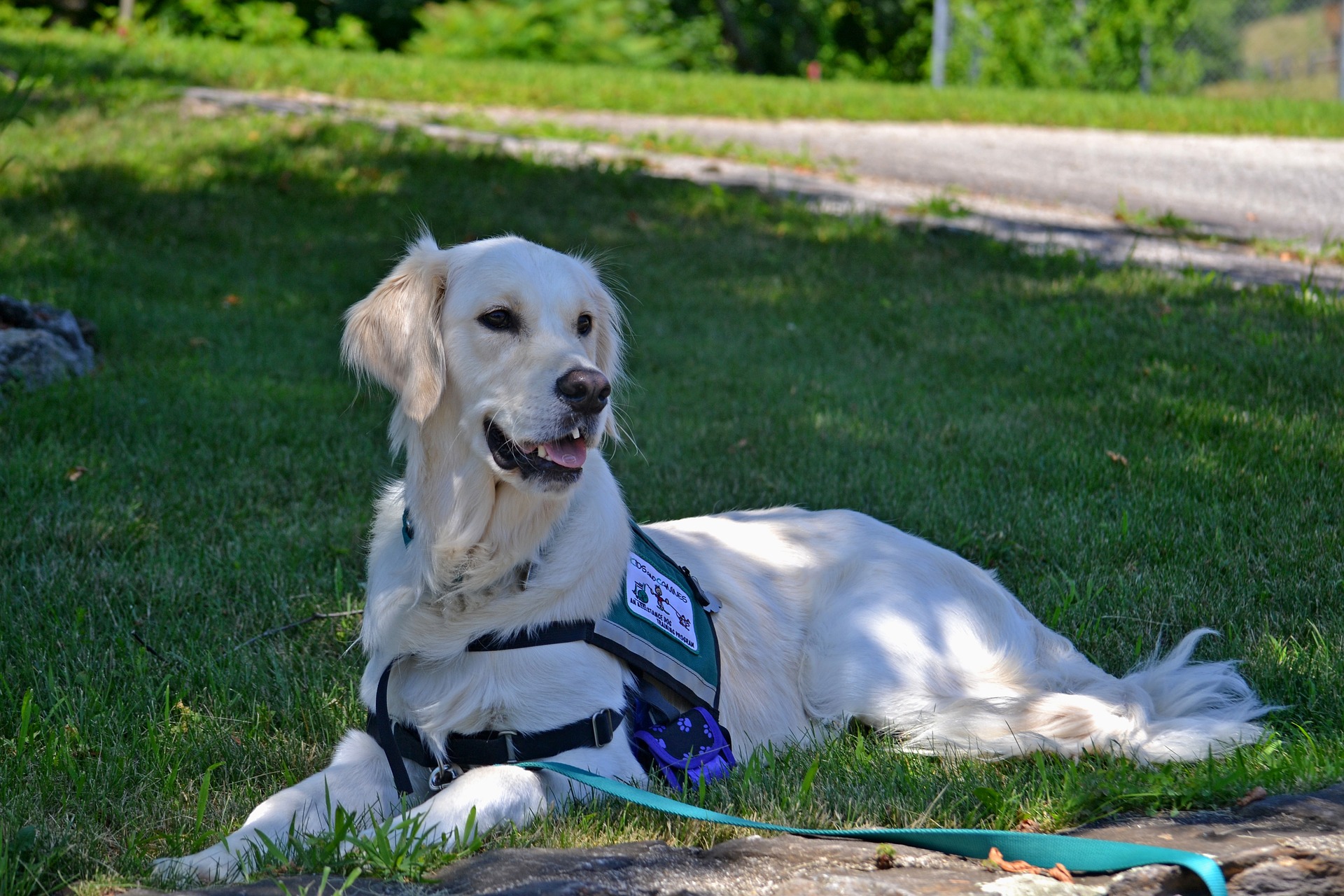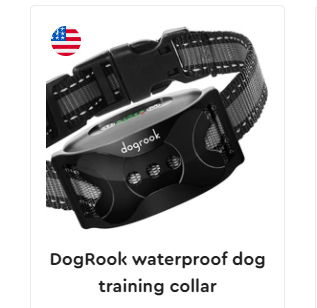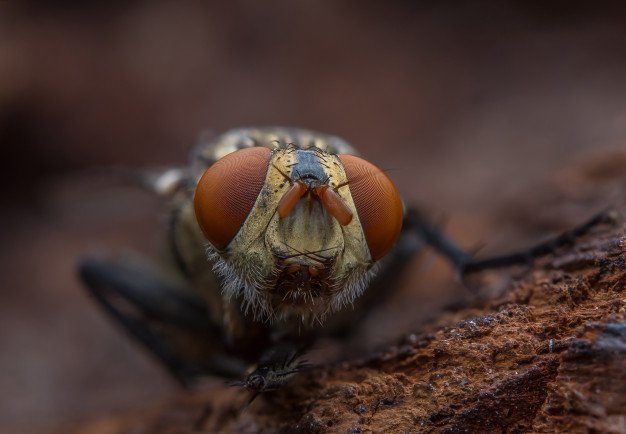Dogs are excellent canine companions and one of the loyal animals man can ever have. There are many breeds of dogs today and corgis, is one of the best dog breeds; they are cute and adorable from the moment you set your eyes on them. There are two main types of corgis, namely Cardigan corgis and Pembroke corgis, which were distinctly differentiated in 1930. Today, with the vast knowledge available about corgis, it has become easier to separate the two. Corgi is a word derived from the Welsh language, which means a dwarf dog that is, cor for dwarf and gi for the dog.
If you are a dog lover and are looking for a cute pet, then the corgi could be one of the best decisions you could ever make. Below are some of the amazing facts that you probably did not know about the corgis;
1. They are needy dogs:
Corgis will always want your attention and will do everything to get it. They enjoy being taken for walks and being taken care of. Also, another outstanding fact about corgis is that they can be quite destructive if left in one place for a long time. More so, they get bored fast, which means that you always need to get them something to do. If possible, you could spare some time to play with them, buy them toys or even take them for some professional dog training lessons, which leads us to the next point, they are easy to train.
2. Easy to train:
Another thing that you need to know when buying Pembroke Welsh corgi puppies for sale is that they are very easy to train. The fact that they are highly energetic and very bold makes them easy to train on almost everything. Signing them up for training classes is a great way to get started, especially when they are still young.
3. They nip a lot:
As aforementioned, corgis are quite needy and love playing. Yes, they are very friendly to other animals that they are familiar with, but you need to be extra careful when they are around children. These dogs love to nip in the name of playing, and if not careful, they may end up hurting someone.
4. They are good watchdogs:
One thing that you need to know about corgis is that they are very protective and loud. In cases where they identify anything that they are not used to, they will bark loud and for longer too. The fact that they are also vigilant meaning that they are very good watchdogs and you do not have to worry about any invasion in your home when you are away.
5. Easy to groom:
Grooming a dog can be time-consuming, but with the Welsh Corgis, that is not the case. This means that you do not necessarily have to outsource dog cleaning services as you can do it yourself without too much effort. However, since they have a thick double coat, they shed a lot. This means that you have to be ready to have fur all over in your house, but brushing them regularly can help to minimize the shedding.
Read Also:
























